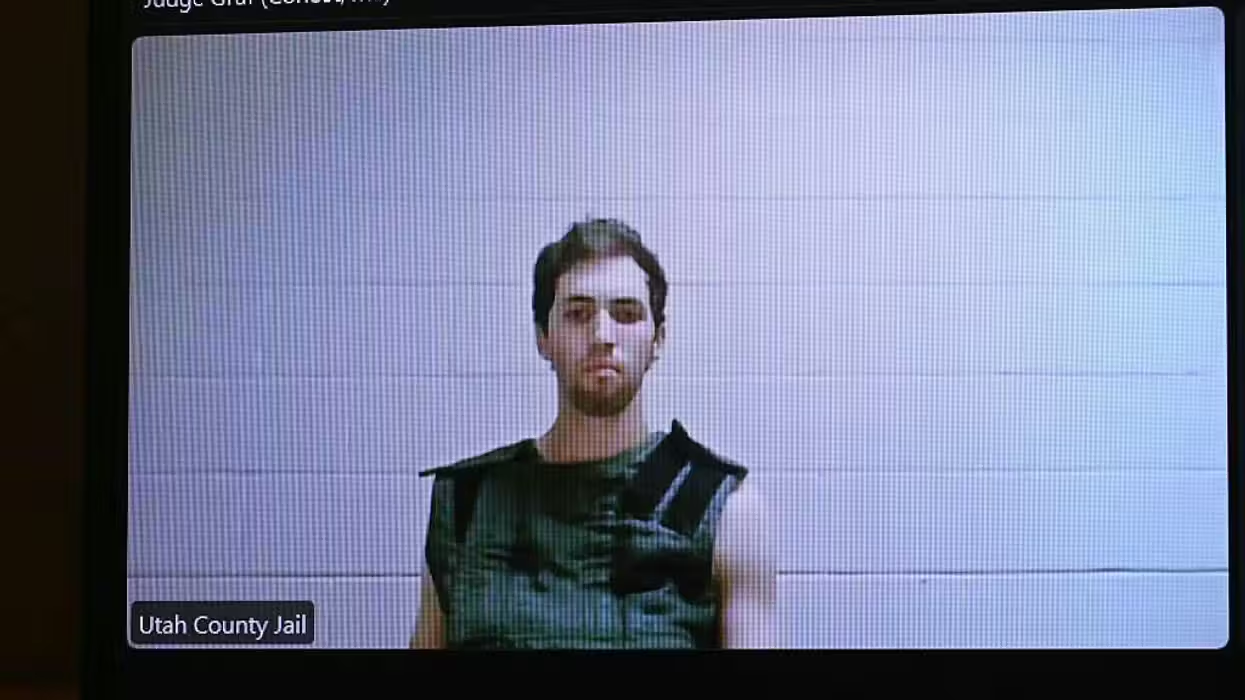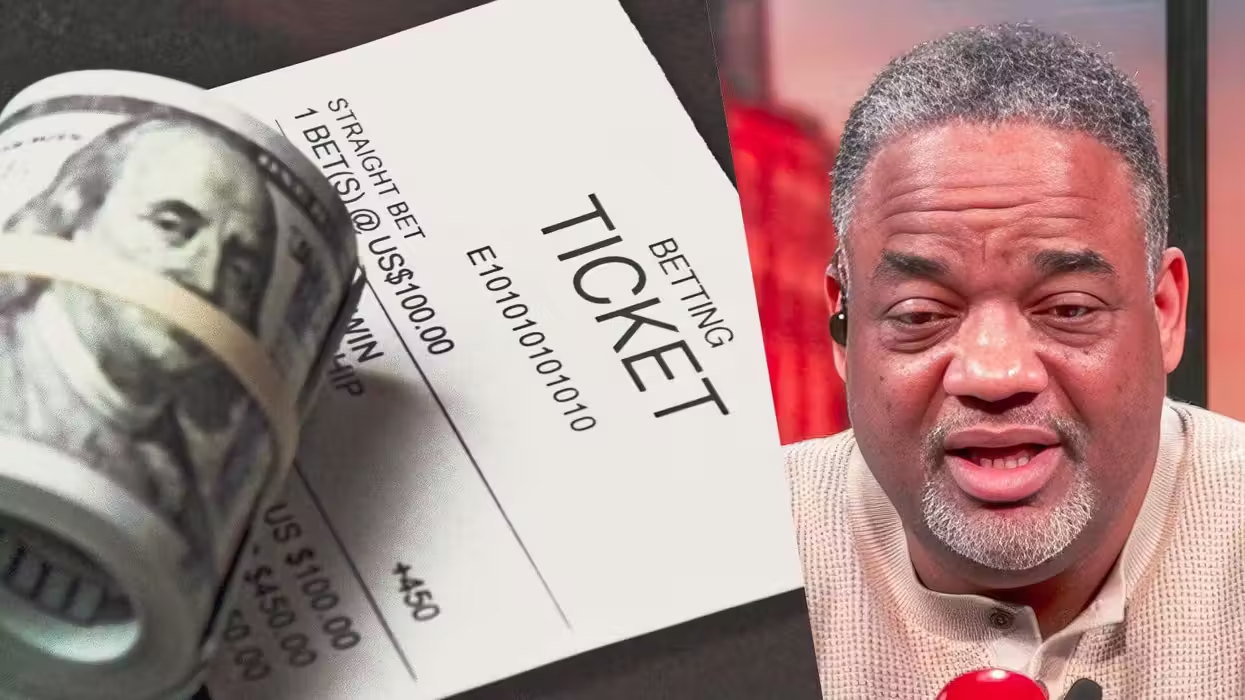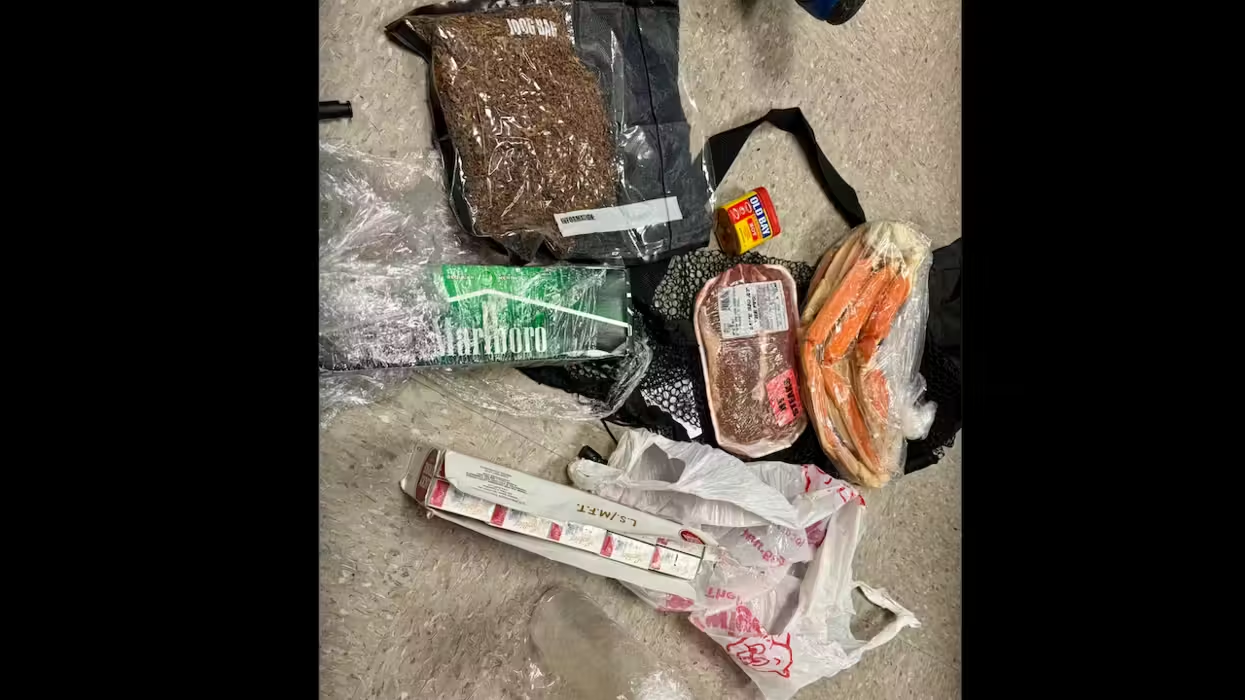
© 2025 Blaze Media LLC. All rights reserved.
The Obama administration's announcement that Alan Gross has been freed after five years of imprisonment in Cuba, and its plans to try to move closer to normal diplomatic and economic relations with Cuba, immediately raised several questions about how it might get there, and what members of Congress think about it.
As of Wednesday morning, the State Department had not released any information about Gross's release. Gross was arrested in Cuba in 2009, and ultimately charged with trying to help Cuban dissidents by giving them cell phones and other equipment.
 President Barack Obama's new effort to get closer to Cuba is already raising several questions, including whether Congress will be willing to go along with him.
President Barack Obama's new effort to get closer to Cuba is already raising several questions, including whether Congress will be willing to go along with him.
Image: AP Photo/Jacquelyn Martin
Members of Congress have routinely called on the Obama administration to press Cuba for his release. On Wednesday morning, the White House told reporters that he was released as part of an agreement that has already sent three convicted Cuban spies back to Cuba.
While Obama was due to talk about these moves at noon, the flurry of announcement was already raising many key questions. Here are 5:
1) What Were the Terms Under Which the Three Convicted Cubans Were Released?
Under the package announced by the White House, Gross was released, along with a U.S. intelligence asset held in Cuba for more than 20 years. In return, the administration released the last three members of the "Cuban Five," who were convicted of espionage in 2001.
According to one House Republican aide, the only way the Cubans could have been released was through a formal pardon from Obama, or some formalized parole. This aide said there are no grounds under U.S. law for them to be released for humanitarian reasons.
"They are convicted spies on U.S. soil," this aide said. "The only way they can get out is if they were pardoned or on parole."
Did Obama pardon the Cuban spies?
2) What Did the Obama Administration Promise Cuba?
Press reports indicate that Obama has pledged to review Cuba's placement on the State Department's list of terrorist-sponsoring nations, expand travel between the two countries, consider ways to ease the embargo, and restore formal diplomatic relations.
But if there were other promises, or subtle hints about what precise steps Obama would take, it's hard to know — no written explanation of the deal had been released as of Wednesday.
Yleem Poblete, who ran the House Foreign Affairs Committee under Rep. Ileana Ros-Lehtinen (R-Fla.), asked that same question in a tweet responding to press reports about the deal:
@greta how many gifts did Obama Administration give brutal Castro regime? What gifts for Iran, NK also holding/held Americans hostage?
— Yleem Poblete PhD (@YleemPoblete) December 17, 20143) Can We Expect Relaxed Travel Rules, and Eased Sanctions?
A House aide noted that if it wishes, the Obama administration can probably ease travel sanctions against Cuba on its own. Various administrations have alternatively relaxed and tightened these rules, and Obama clearly has the authority to fiddle with them again.
Under current law and regulation, Americans looking to travel to Cuba face restrictions in the form of licensing. The Treasury Department's Office of Foreign Assets Control can grant licenses as long as they fall into certain categories and if the travel advances certain goals, such as education and cultural exploration.
The administration also makes an annual decision on whether Cuba belongs on the list of state sponsors of terrorism. Right now, only Cuba, Iran, Sudan and Syria are on that list, and they face certain sanctions because of that status.
But State could decide not to designate Cuba as a terrorist sponsor, which could help ease those sanctions. Press reports say Secretary of State John Kerry has promised a review of Cuba's status on this list.
Another possible action Obama could take is to re-establish full diplomatic ties with Cuba. Both Cuba and the U.S. are now represented by "interest sections" that aren't accorded full diplomatic rights. For example, Cuban officials in Washington are limited in the extent to which they can travel throughout the United States, and U.S. officials face similar restrictions in Cuba.
4) What About the Embargo?
Justifications for the U.S. embargo against Cuba have changed over the years, and many now believe its purpose was to force Democratic change in Cuba. But the embargo was largely a response to Cuba's expropriation of about $1.8 billion of U.S. property when Fidel Castro seized power.
Today, that property is worth about $7 billion, and the U.S. government has established a list of several thousand people and entities with claims to that stolen property.
Under U.S. law, a resolution of the claims issue must be part of any effort to end the embargo. According to press reports, the Obama administration appears interested in resuming talks to end the embargo, but its nuclear whether and how the claims fight could be settled.
A resolution would appear to require input from Congress.
5) What Will Congress Think About all of This?
While the release of Gross is likely to be welcomed, many Republicans and Democrats in Congress are likely to be skeptical about any sustained outreach to Cuba. Some of this is based on politics: both parties have successfully raised money in Florida and New Jersey from Cuban Americans who favor tough steps against Cuba until democratic reforms take hold on the island.
But some of the skepticism will come from the policy perspective. More than a decade ago, a bipartisan group of members made an effort to open up trade with Cuba, but quickly found themselves being pressured by Castro to seek the end of the embargo.
Castro later imprisoned several political dissidents, which immediately made it harder for members of Congress to support Cuba publicly, and the effort fizzled.
Fidel Castro has made other positive signals before about reconciling with the United States, only to pull back and leave things where they were.
For many members of Congress, support for a new opening to Cuba has always been conditioned on changes on the island first, and until Cuba demonstrates those changes are happening, finding support in Congress for changes to U.S. policy could be difficult.
At a time when Republicans are considering ways to defund Obama's immigration moves, the new Cuba announcement may also prompt the GOP to look at other defunding moves related to Cuba.
Want to leave a tip?
We answer to you. Help keep our content free of advertisers and big tech censorship by leaving a tip today.
Want to join the conversation?
Already a subscriber?
more stories
Sign up for the Blaze newsletter
By signing up, you agree to our Privacy Policy and Terms of Use, and agree to receive content that may sometimes include advertisements. You may opt out at any time.
Related Content
© 2025 Blaze Media LLC. All rights reserved.
Get the stories that matter most delivered directly to your inbox.
By signing up, you agree to our Privacy Policy and Terms of Use, and agree to receive content that may sometimes include advertisements. You may opt out at any time.






